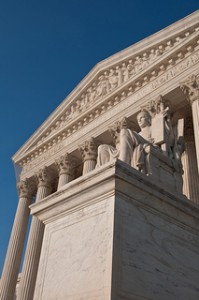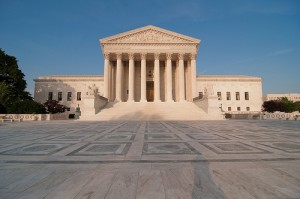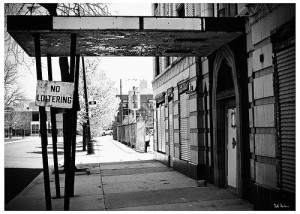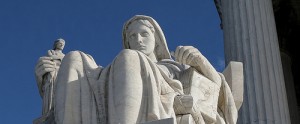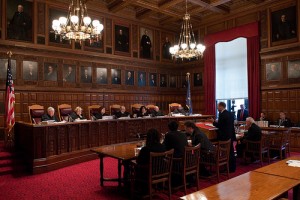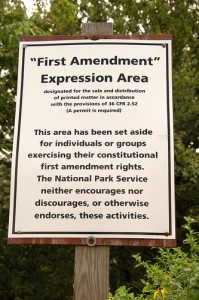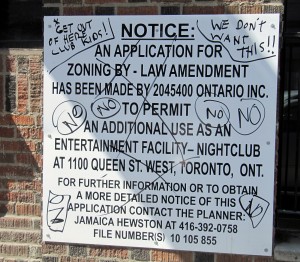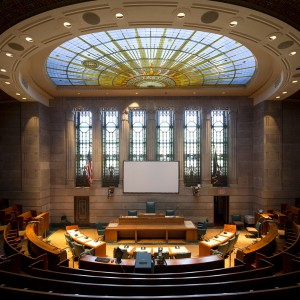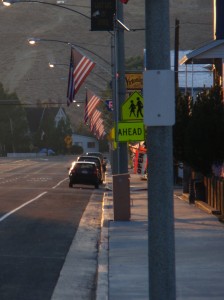The Supreme Court heard oral argument—yet again—in two cases arguing it should adopt a standard for when partisan gerrymandering is unconstitutional. Before argument court watchers were focused on Chief Justice Roberts, but during argument Justice Kavanaugh stole the show.
In 1986 in Davis v. Bandemer six Supreme Court Justices agreed that some amount of partisan gerrymandering is unconstitutional. But the Court has never laid out a test for making the determination.
Most recently, last term, with Justice Kennedy still on the bench, the Supreme Court again failed to articulate a standard for unconstitutional partisan gerrymandering. The two cases before the Court today came from North Carolina and Maryland favoring Republicans and Democrats, respectively. By almost any measure the gerrymanders were unapologetic and extreme.
Now that the Court has five solidly conservative members many have speculated that these Justices will rule that partisan gerrymandering claims raise non-justiciable political questions, effectively ending litigation over this question.
In oral argument last term Chief Justice Roberts, now the Court’s likely swing Justice, used the term “sociological gobbledygook” when expressing his skepticism about the Court being able to agree to a satisfactory test. Today, as is typical, the Chief asked questions of both side. For example, he questioned the merits of a test that assumes how people will vote based on past voting noting how often predictions of how people will vote are wrong. On the other hand, he acknowledged that the Maryland gerrymander “seems to be retaliation” and noted that the Supreme Court has an “established analysis” to deal with First Amendment retaliation claims. Continue reading

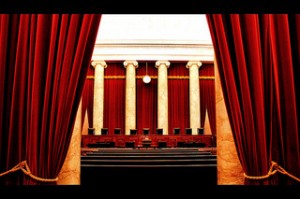


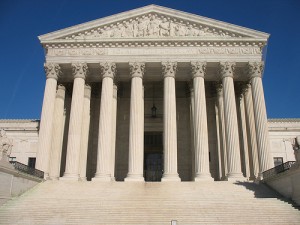
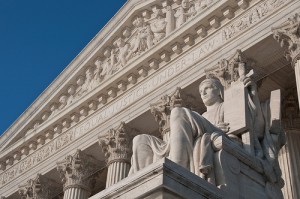

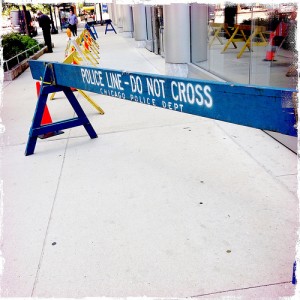 A local government can create a 35-foot buffer zone to restrict speech on a public street only if it has first made a serious effort to address the issue in other ways.
A local government can create a 35-foot buffer zone to restrict speech on a public street only if it has first made a serious effort to address the issue in other ways.
